- No products in the cart.
Maltofer drops vn.pr. 50mg / ml, 30ml vials
$5.18
Maltofer drops vn.pr. 50mg / ml, 30ml vials
Description
Composition
Active substance:
1 ml contains: iron (III) hydroxide polimaltozat 178.6 mg in terms of iron is 50.0 mg
In 1 ml of 20 drops, 1 drop contains 2.5 mg of iron.
Excipients:
Sucrose 50.0 mg sodium methyl parahydroxybenzoate 2.0 mg propyl parahydroxybenzoate 0.22 mg sodium cream flavor 3.0 mg sodium hydroxide to pH 5.5 – 7.0 Purified water to 1 ml.
Description:
The solution was dark brown.
Product form:
Drops for oral administration of 50 mg / ml. 10 ml or 30 ml vials in the dark glass, capped polyethylene dropping apparatuses, closed with plastic screw caps ferrule tamper-evident. 10 ml or 30 ml in polymeric containers (tubes) with integrated dropping apparatuses, closed with plastic screw caps control the first opening and a mechanism to protect children from opening. 1 bottle or polymer container (tube) with instructions for use placed in a cardboard box.
Contraindications
Mounted hypersensitivity to iron (III) hydroxide polimaltozatu or any excipient. iron overload (e.g., hemosiderosis, hemochromatosis). Disturbances of iron utilization (e.g., lead anemia, sideroahrestical anemia, thalassemia). Anemia is not associated with iron deficiency (e.g., hemolytic anemia, or megaloblastic anemia due to vitamin B12 deficiency). Deficiency of sucrase / isomaltase, fructose intolerance, glucose-galactose malabsorption.
Dosage
50 mg / ml
Indications
Treatment of iron deficiency without anemia (latent iron deficiency) and the symptomatic treatment of iron deficiency anemia (see. The section “Method of administration and dose”).
Prevention of iron deficiency during pregnancy and lactation; in women of childbearing age, children, teens and adults (eg, vegetarians and the elderly).
Interaction with other drugs
We studied the interaction of iron (III) hydroxide polimaltozata with tetracycline or aluminum hydroxide. A significant reduction in absorption of tetracycline was observed. The tetracycline concentration in blood plasma did not fall below an effective level. Absorption of iron from iron (III) hydroxide polimaltozata not reduced under the influence of aluminum hydroxide or tetracycline. Thus, iron (III) hydroxide polimaltozat can be used simultaneously with tetracycline and other phenolic compounds and aluminum hydroxide. In studies in rats using tetracycline, aluminum hydroxide, acetylsalicylic acid, sulfasalazine, calcium carbonate, calcium acetate and calcium phosphate in combination with vitamin D3, bromazepam, magnesium aspartate, D- penicillamine, methyldopa, auranofin and paracetamol was not detected interactions with iron (III) hydroxide polimaltozatom. Also not mentioned interaction of iron (III) hydroxide polimaltozata components of food, such as phytic acid, oxalic acid, tannins, sodium alginate, salts of choline and choline, vitamin A, vitamin D3 and vitamin E, soybean oil and soybean meal. These results indicate that iron (III) hydroxide polimaltozat can be taken during or immediately after eating. Taking the drug does not affect the results of the determination of occult blood (with selective determination of hemoglobin), so do not need to interrupt treatment. It is necessary to avoid the simultaneous use of parenteral and oral iron preparations since the absorption of iron taken by mouth, is slowing.
Overdose
In the case of drug overdose Maltofer® iron overload or intoxication are unlikely, due to the low toxicity of iron (III) hydroxide and polimaltozata controlled gripper iron. Cases of unintentional poisoning deaths were reported.
pharmachologic effect
Pharmacological group:
Iron preparation.
Pharmacodynamics:
The iron (III) hydroxide polimaltozate polynuclear iron hydroxide (III) is surrounded by a plurality of outside covalently bound molecules polimaltozata, which gives a total average molecular weight of approximately 50 kDa. Polynuclear iron core structure (III) hydroxide polimaltozata similar to that of ferritin protein core – physiological depot iron. Iron (III) hydroxide polimaltozat stable in physiological conditions does not produce large amounts of iron ions. Due to the size of the degree of diffusion of iron (III) hydroxide polimaltozata mucosal approximately 40 times less than the hexahydrate iron complex (II). Iron from iron (III) hydroxide polimaltozata actively absorbed in the intestine. Efficiency Maltofer® preparation for the normalization of hemoglobin and replenishment of iron stores has been demonstrated in many randomized controlled clinical trials using placebo controls or active comparator, conducted in adults and children with different status iron stores.
Pharmacokinetics:
Suction
Iron from iron (III) hydroxide polimaltozata sucked in accordance with a controlled mechanism. Increasing the iron content of the whey after the drug is not correlated with the overall absorption of iron, measured as the incorporation into hemoglobin (Hb). Studies with Radiolabeled iron (III) hydroxide polimaltozatom revealed a strong correlation between the inclusion of iron in the red cells and the content of iron in the body. Maximum activity suction iron from iron (III) hydroxide polimaltozata observed in the duodenum and small intestine. As in the case of other oral iron preparations, the relative absorption of iron from iron (III) hydroxide polimaltozata detected as incorporation into hemoglobin, decreases with increasing doses of iron. Furthermore, there was a correlation between the severity of iron deficiency (in particular, serum ferritin concentration) and the relative amount vsosavshegosya iron (i.e., the more pronounced deficiency of iron, the better the relative absorption). Patients with anemia absorption of iron from iron (III) hydroxide polimaltozata in contrast to iron salts increased in the presence of food.
Distribution
Distribution of iron from iron (III) hydroxide polimaltozata after absorption was studied in a study using dual isotope technique (55Fe and 59Fe).
biotransformation
Suck iron binds to transferrin and used for hemoglobin synthesis in bone marrow or stored primarily in the liver, where it binds to ferritin.
breeding
Nevsosavsheysya iron displayed intestine (faeces).
Pregnancy and breast-feeding
Pregnancy
So far, there were no reports of serious adverse reactions after taking the drug orally Maltofer® in therapeutic doses for the treatment of anemia during pregnancy. Data obtained in animal studies have shown no hazard to the fetus and mother. Data from clinical studies on the use of the drug Maltofer® I trimester of pregnancy are not available. In studies conducted in pregnant women after the I trimester of pregnancy, does not reveal any adverse effects of the drug Maltofer® for mothers and / or babies. In this regard, an adverse effect on the fetus in the application preparation Maltofer® unlikely.
Breastfeeding
Breast milk contains iron woman associated with lactoferrin. The amount of iron, the rolling of iron (III) hydroxide polimaltozata in breast milk is unknown. It is unlikely that the use of the drug Maltofer® women who are breastfeeding can lead to undesirable effects in children. As a precaution, women of childbearing age and women during pregnancy and breastfeeding should take the drug Maltofer® only after consulting your doctor. It is recommended to evaluate the risk-benefit ratio.
Conditions of supply of pharmacies
On prescription.
side effects
Safety and tolerability of the drug Maltofer® evaluated in numerous clinical studies. Main adverse drug reactions (ADRs) noted in these studies were the following three classes of systems and organs.
Disorders of the nervous system: Infrequent, headache;
Disorders of the gastrointestinal tract: very frequent, discoloration of feces, often, diarrhea, nausea, dyspepsia, rarely, vomiting, constipation, abdominal pain, discoloration of tooth enamel;
Violations of the skin and subcutaneous tissue disorders: rarely, rash, pruritus
Spontaneous post-marketing reports of adverse drug reactions not observed additional adverse drug reactions.
Laboratory Abnormalities: not available.
special instructions
It is assumed that the drug Maltofer® should not affect the daily need for insulin in patients with diabetes mellitus. 1 ml sample contains 0.01 bread units. Anemia can be caused by infectious diseases or malignancies. As iron can be taken only after the removal of the main causes of the disease, determine the benefit-risk ratio of the treatment. During treatment Maltofer® may experience dark coloration of feces, but this has no clinical significance. Maltofer® contains sucrose, which can harm the teeth. Excipients sodium methyl parahydroxybenzoate and propyl parahydroxybenzoate sodium can cause allergic reactions (possibly delayed type)
The effect on the ability to operate vehicles, machinery
Data not available. It is unlikely that the drug Maltofer® affects the ability to drive, mechanisms.
Storage conditions
At a temperature of not higher than 25 C and protected from light.
Keep out of the reach of children.
Dosing and Administration
For ingestion. The daily dose can be divided into several stages or receive at a time. Maltofer® should be taken during or immediately after a meal. Maltofer® can be blended with fruit and vegetable juices, or infant food, infant formula or breast, or non-alcoholic drinks. Slight staining mixture has no effect on the taste of juice audio / baby food or the effectiveness of the drug. For accurate metering dose vial / container (tube) drug should be kept upright. Drops should follow immediately. If not, lightly tap the bottle / container (tube) until the drop. Do not shake the vial / container (tube). The daily dose depends on the extent of iron deficiency.
Daily doses for adults and children in accordance with age. -Treatment of iron deficiency anemia: preterm children 1-2 drops (2.5-5 mg of iron) per kg body weight of children under 1 year or 10-20 drops (25-50 mg of iron) children 1 to 12 years old 20 40 drops (50-100 mg of iron) children older than 12 years, adults and women, breastfeeding-40-120 drops (100-300 mg iron) pregnant women 80-120 drops (200-300 mg iron) -Treatment of iron deficiency without anemia: children up to 1 year 6-10 drops (15-25 mg of iron) children 1 to 12 years, 10-20 drops (25-50 mg of iron) children older than 12 years, adults and breastfeeding women-20 -40 drops (50-100 mg iron) pregnant women 40 drops (100 mg iron) -Profilakti ka iron deficiency: children up to 1 year, 2-4 drops (5-10 mg of iron) children 1 to 12 years, 4-6 drops (10-15 mg of iron) Children older than 12 years, adults and women, nursing grudyu- 4-6 drops (10-15 mg iron) pregnant women 40 drops (100 mg iron)
Treatment of iron deficiency anemia in children and adults
Treating to achieve a normal hemoglobin (Hb) takes about 3 to 5 months. After this treatment should be continued for 1-2 months at a dose described for the case of iron deficiency without anemia, with iron to replenish stocks.
Treatment of iron deficiency anemia during pregnancy
Treatment should be continued until normalization of hemoglobin (Hb). After this treatment should continue at least until the end of pregnancy at a dose described in the case of iron deficiency without anemia, to replenish iron stores and meet the increased in connection with pregnancy iron requirements.
Treatment and prevention of iron deficiency without anemia
The treatment takes about 1 to 2 months.
Information
Appearance may differ from that depicted in the picture. There are contraindications. You need to read the manual or consult with a specialist
Additional information
| Weight | 0.100 kg |
|---|---|
| Manufacturer | TAKEDA |

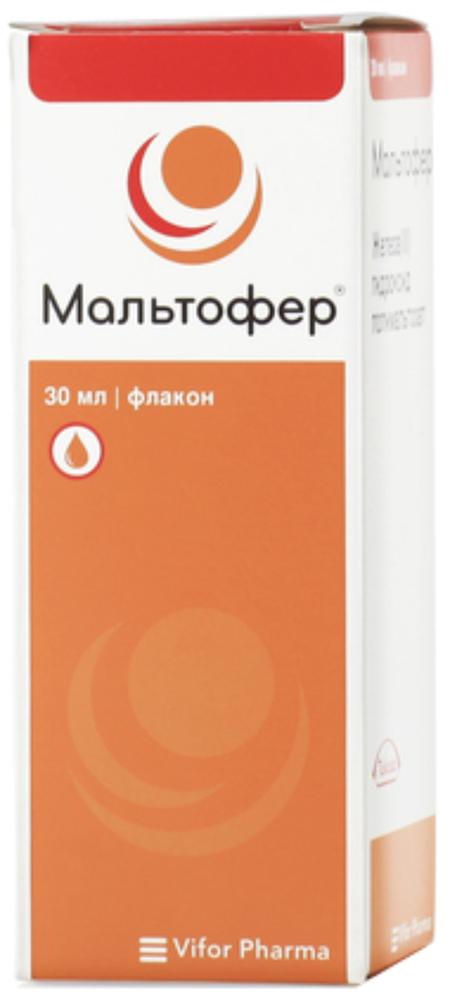
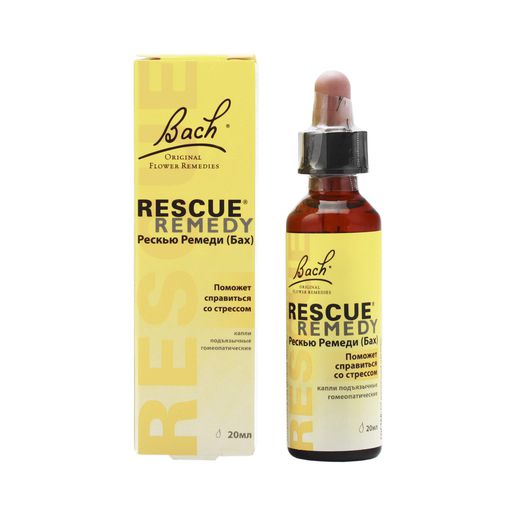
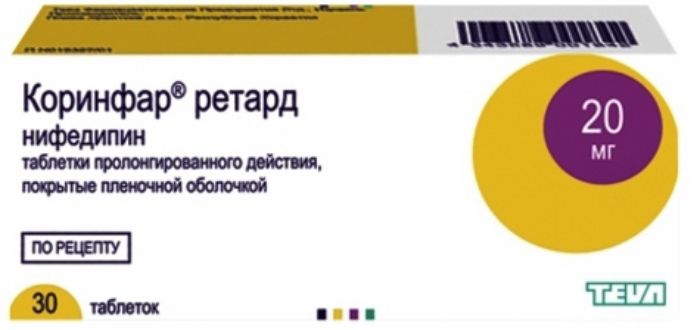
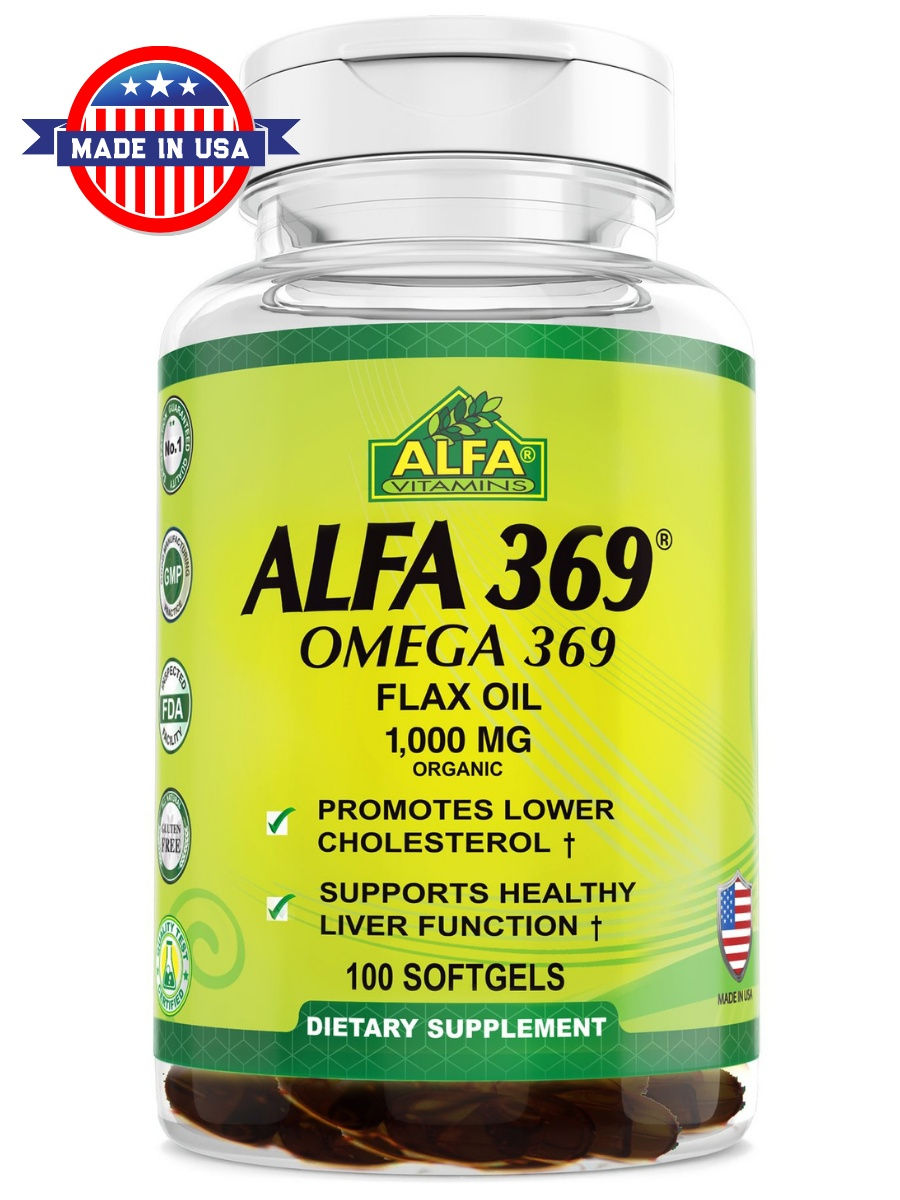

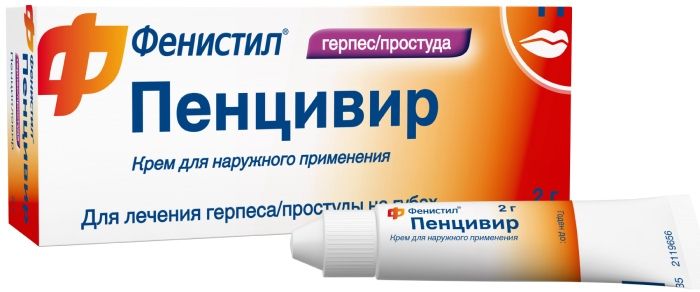
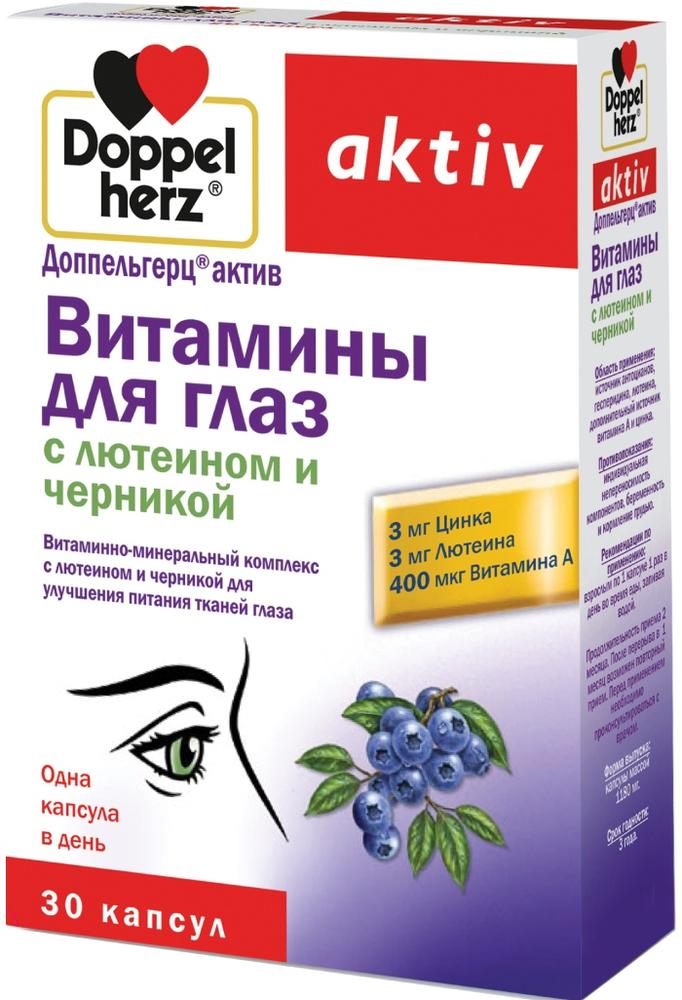
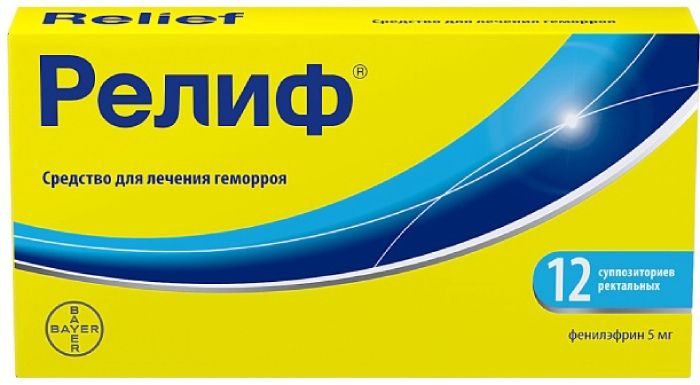

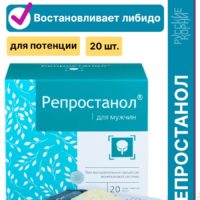


There are no reviews yet.